
Health benefits of Pigweed
Pigweed, also known as amaranth, is a leafy green plant that has been cherished in various cultures for its nutrient-rich properties and versatility in cooking. It’s known for its high levels of vitamins, minerals, and antioxidants, making it an excellent addition to a healthy diet. Pigweed is often overlooked in Western diets but is a staple green in African, Indian, and Latin American cuisines. Here, we’ll dive into the top 10 health benefits of pigweed green, offering a look into why this leafy green deserves a spot on your plate.

1. Rich in Essential Vitamins and Minerals
Pigweed is a powerhouse of essential vitamins and minerals, especially high in vitamins A, C, and K. Vitamin A is crucial for vision and immune function, while vitamin C boosts immunity and aids collagen production for healthy skin. Vitamin K plays a significant role in bone health and wound healing. Additionally, pigweed is a good source of iron, calcium, magnesium, and potassium, all of which support various bodily functions, from strong bones to a healthy cardiovascular system.
Its high vitamin K content also contributes to blood clotting and heart health. This makes pigweed a particularly useful addition to the diet for those looking to support cardiovascular function and prevent excessive bleeding. Furthermore, pigweed contains trace minerals like zinc and copper, which are essential for various enzymatic processes in the body.
2. Supports Digestive Health
This leafy green is rich in dietary fiber, which aids digestion by promoting healthy bowel movements and preventing constipation. Fiber helps regulate blood sugar levels and lowers cholesterol, making it a great addition to a balanced diet. Including pigweed in your meals can enhance your gut health by fostering beneficial gut bacteria, which improves digestion and nutrient absorption.
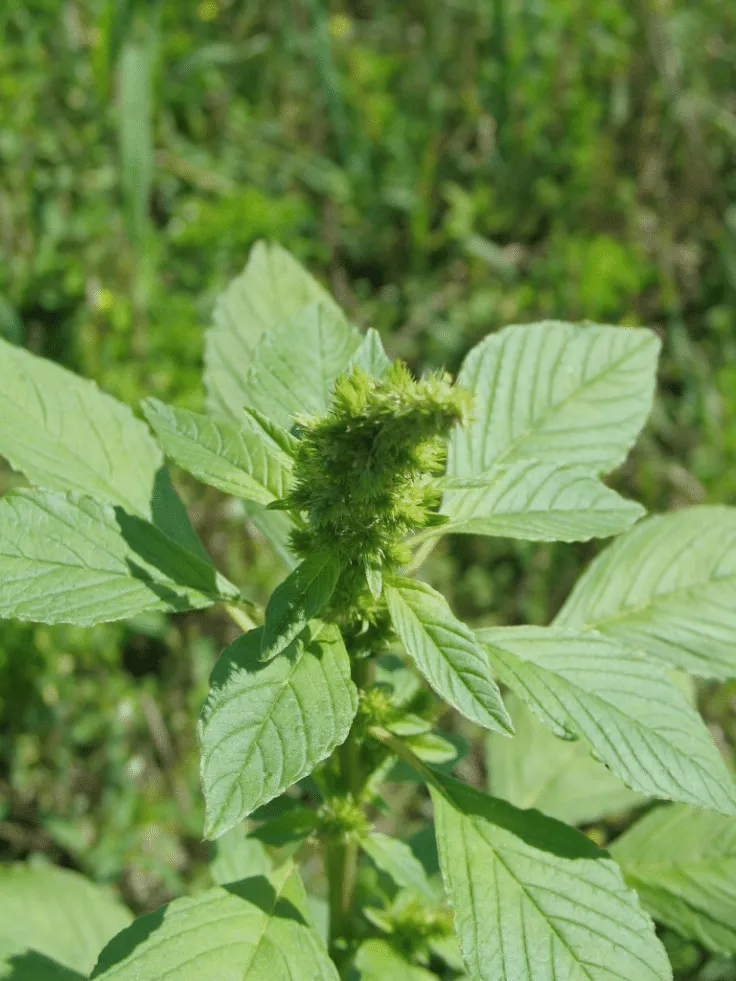
The fiber content in pigweed also supports weight management, as it promotes a sense of fullness, reducing overeating. Additionally, the plant's high water content helps in softening stools, further promoting digestive health and reducing the risk of gastrointestinal discomfort such as bloating or indigestion.
3. A Potent Source of Antioxidants
Pigweed contains high levels of antioxidants, particularly in the form of betalains and phenolic compounds. These antioxidants help fight free radicals, which are unstable molecules that can damage cells and lead to chronic diseases like cancer and heart disease. Regular consumption of pigweed can help reduce oxidative stress and inflammation, protecting your cells and slowing the aging process.
Moreover, the antioxidant properties of pigweed can support liver health by neutralizing toxins and improving detoxification processes. As oxidative stress is also linked to chronic inflammatory conditions like arthritis and diabetes, pigweed’s antioxidant content can contribute to long-term disease prevention.
4. Supports Bone Health
With a high calcium content, pigweed is excellent for supporting bone health. It also contains vitamin K, which plays a role in bone mineralization and density. For those who avoid dairy or are lactose intolerant, pigweed can be a valuable plant-based calcium source. Including this green in your diet can help reduce the risk of osteoporosis and other bone-related conditions.
In addition to calcium, pigweed contains magnesium, which is also vital for bone health. Magnesium works in conjunction with calcium to help maintain bone strength and structure. Furthermore, the vitamin C in pigweed aids in collagen production, which is essential for maintaining the integrity of bones and connective tissues.
5. Boosts Immune Function
Pigweed is rich in vitamin C and beta-carotene, both of which are essential for a strong immune system. Vitamin C enhances the production of white blood cells, which protect the body against infections, while beta-carotene, a precursor to vitamin A, supports skin health, which acts as the body’s first line of defense. By adding pigweed to your diet, you can strengthen your immune defenses naturally.
Pigweed's high levels of both vitamin A and vitamin C also help reduce the severity and duration of common colds and other viral infections. The antioxidants in the plant can also help modulate the immune response, reducing inflammation and promoting faster recovery during illness.
6. Promotes Heart Health
Pigweed is beneficial for heart health due to its potassium content, which helps regulate blood pressure by balancing sodium levels in the body. Additionally, the fiber in pigweed lowers cholesterol levels, further reducing the risk of heart disease. The antioxidants in pigweed also protect blood vessels from damage caused by oxidative stress, reducing the risk of arteriosclerosis (hardening of the arteries) and promoting a healthy cardiovascular system.
Furthermore, the magnesium in pigweed plays a key role in regulating heart rhythm and preventing arrhythmias. Regular consumption of pigweed may contribute to overall heart health by improving circulation and supporting healthy blood flow.
7. Helps in Weight Management
Low in calories but rich in nutrients, pigweed is an ideal food for those aiming to maintain or lose weight. Its high fiber content keeps you full for longer, reducing overall calorie intake by curbing hunger. Moreover, the nutrients in pigweed support metabolic processes, making it a great addition to a weight-loss-friendly diet. It’s also versatile, as it can be easily added to salads, soups, or stir-fries without significantly impacting calorie count.
Pigweed is also naturally low in fat and contains a good balance of protein, making it a suitable choice for plant-based diets. The plant's high water content further enhances satiety, helping to control food cravings and promoting healthy weight management.
8. Blood Sugar Regulation
Pigweed has a low glycemic index, making it suitable for individuals with diabetes or those at risk of developing diabetes. Its fiber content slows down the absorption of sugar in the bloodstream, which helps stabilize blood sugar levels. Additionally, studies have shown that amaranth greens may help improve insulin sensitivity, which is essential for managing diabetes effectively. Including pigweed in your diet can contribute to more stable blood sugar and reduced risk of glucose spikes.

By adding pigweed to your meals, you can potentially reduce the frequency of blood sugar fluctuations and improve overall metabolic control. This is particularly beneficial for those with insulin resistance or prediabetes.
9. Anti-Inflammatory Properties
Chronic inflammation is linked to numerous health issues, from arthritis to heart disease. Pigweed contains various anti-inflammatory compounds, including polyphenols and flavonoids, which help reduce inflammation in the body. Consuming pigweed regularly may help manage symptoms of inflammatory conditions, providing relief for joint pain and swelling. This makes pigweed an excellent choice for those looking to incorporate anti-inflammatory foods into their diet.
Research has also suggested that pigweed's anti-inflammatory compounds may help reduce the risk of certain autoimmune diseases and inflammatory skin conditions, such as psoriasis and eczema.
10. Supports Healthy Skin and Hair
Pigweed’s abundance of vitamins A and C, as well as its antioxidant content, makes it beneficial for skin and hair health. Vitamin A is essential for skin regeneration and repair, while vitamin C aids collagen production, which keeps the skin firm and youthful. The antioxidants protect skin and hair from oxidative damage caused by UV rays and pollution. The minerals in pigweed, such as zinc and iron, also promote healthy hair growth by supporting cell regeneration and blood flow to hair follicles.
Additionally, the high vitamin E content in pigweed further contributes to skin hydration and elasticity, promoting a radiant complexion and reducing signs of premature aging. The anti-inflammatory properties of the plant also help soothe irritated skin, making it a valuable ingredient for those with sensitive or inflamed skin.
How to Use Pigweed in Your Diet
Pigweed greens can be used in a variety of dishes, much like spinach or kale. Here are a few simple ways to incorporate pigweed into your meals:
-
In Salads: Use raw pigweed leaves in your salads for a nutrient boost.
-
In Soups: Add pigweed to vegetable or chicken soup for added flavor and health benefits.
-
Stir-Fry: Sauté pigweed with garlic and a splash of olive oil as a healthy side dish.
-
Smoothies: Blend pigweed with fruits like bananas and berries for a nutrient-packed smoothie.
-
Juicing: Pigweed leaves can also be juiced with other greens for a detoxifying drink.
-
Pesto: Use pigweed in place of basil for a unique twist on traditional pesto, adding an extra layer of nutrition to your dishes.
Final Thoughts
Pigweed may be an underrated green in many parts of the world, but its nutritional profile and health benefits make it worth adding to your diet. From boosting immunity to promoting skin health, pigweed offers numerous advantages that can improve your overall well-being. Easy to prepare and versatile in cooking, this leafy green is a simple yet powerful addition to a balanced diet. Give pigweed a try, and take advantage of its remarkable health benefits today.
Incorporating pigweed into your diet can be a step toward a healthier lifestyle, offering numerous benefits for the body and supporting essential functions naturally. Whether you’re looking to improve digestion, manage weight, or enhance skin and hair health, pigweed is an excellent choice. And with its wide availability in many markets, adding this super green to your meals has never been easier.
News in the same category


Holding Cloves in Your Mouth: A Natural Way to Relieve Toothache
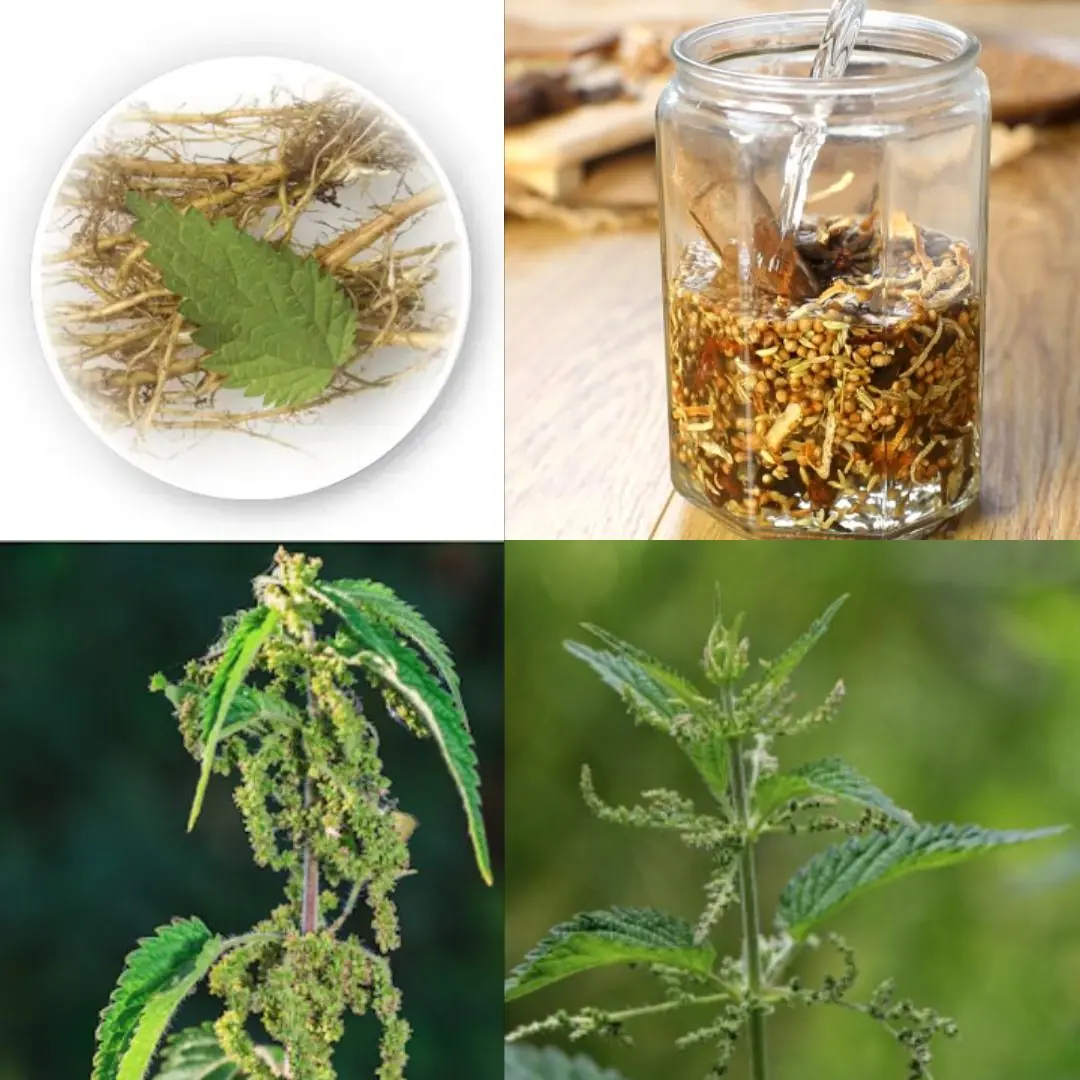
Everybody Hates Stinging Nettle, But Most People Don’t Know the Power of Its Root
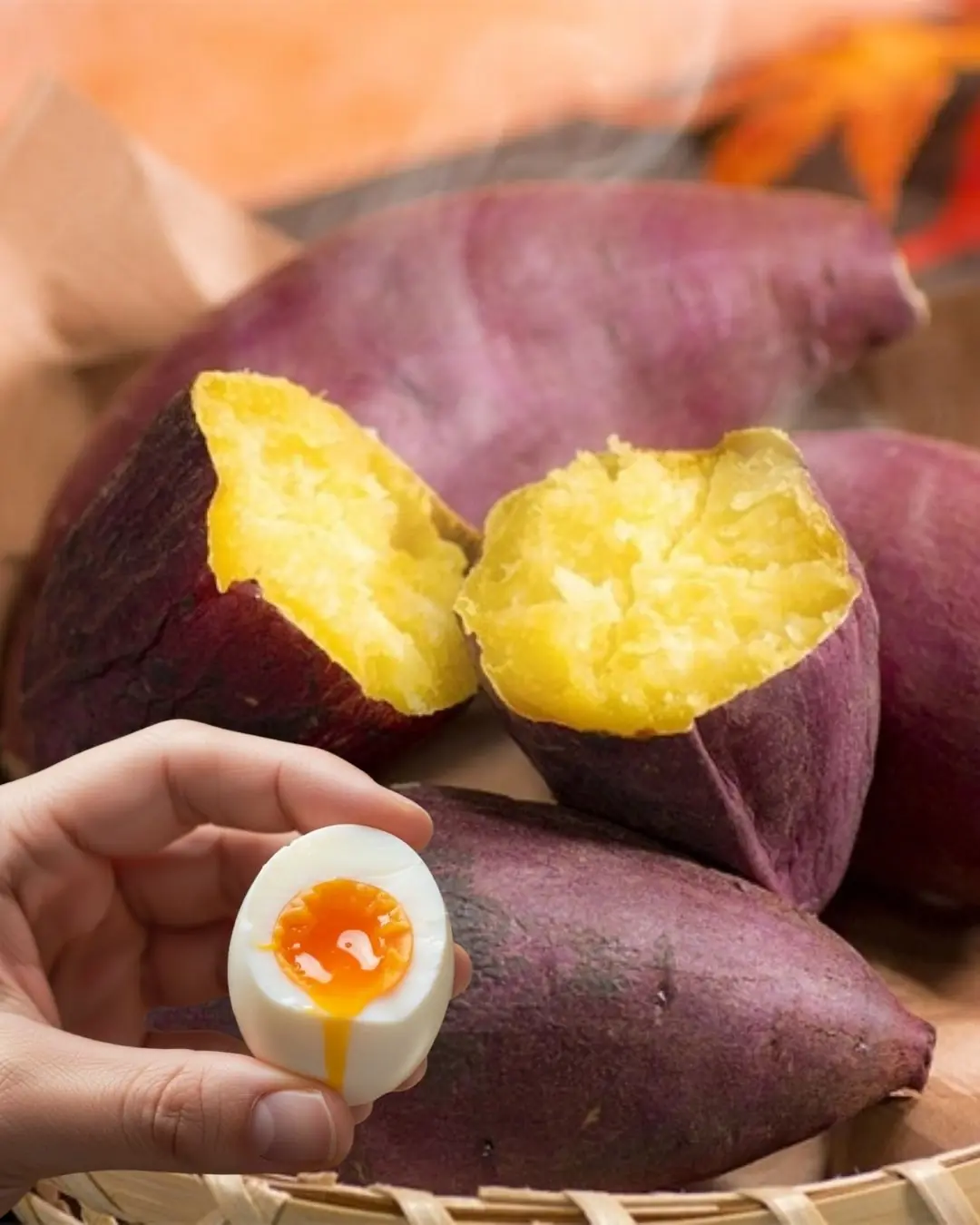
13 Reasons You Should Eat Eggs and Sweet Potatoes Every Morning

9 Powerful Home Remedies to Get Rid of Fungal Infection (Daad, Khaj, Khujli) Fast
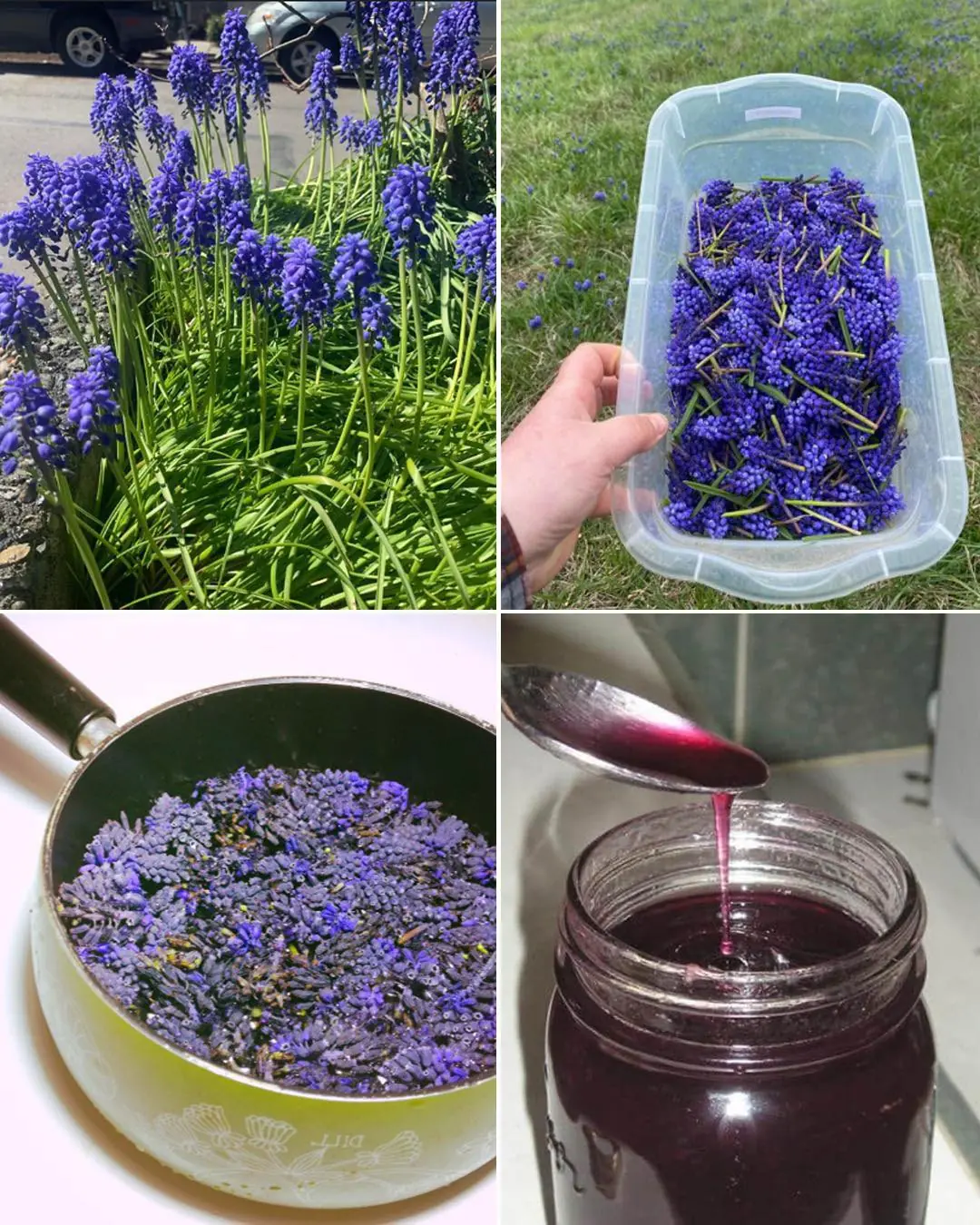
Grape Hyacinth (Muscari): A Tiny Spring Wonder with Surprising Benefits and Uses
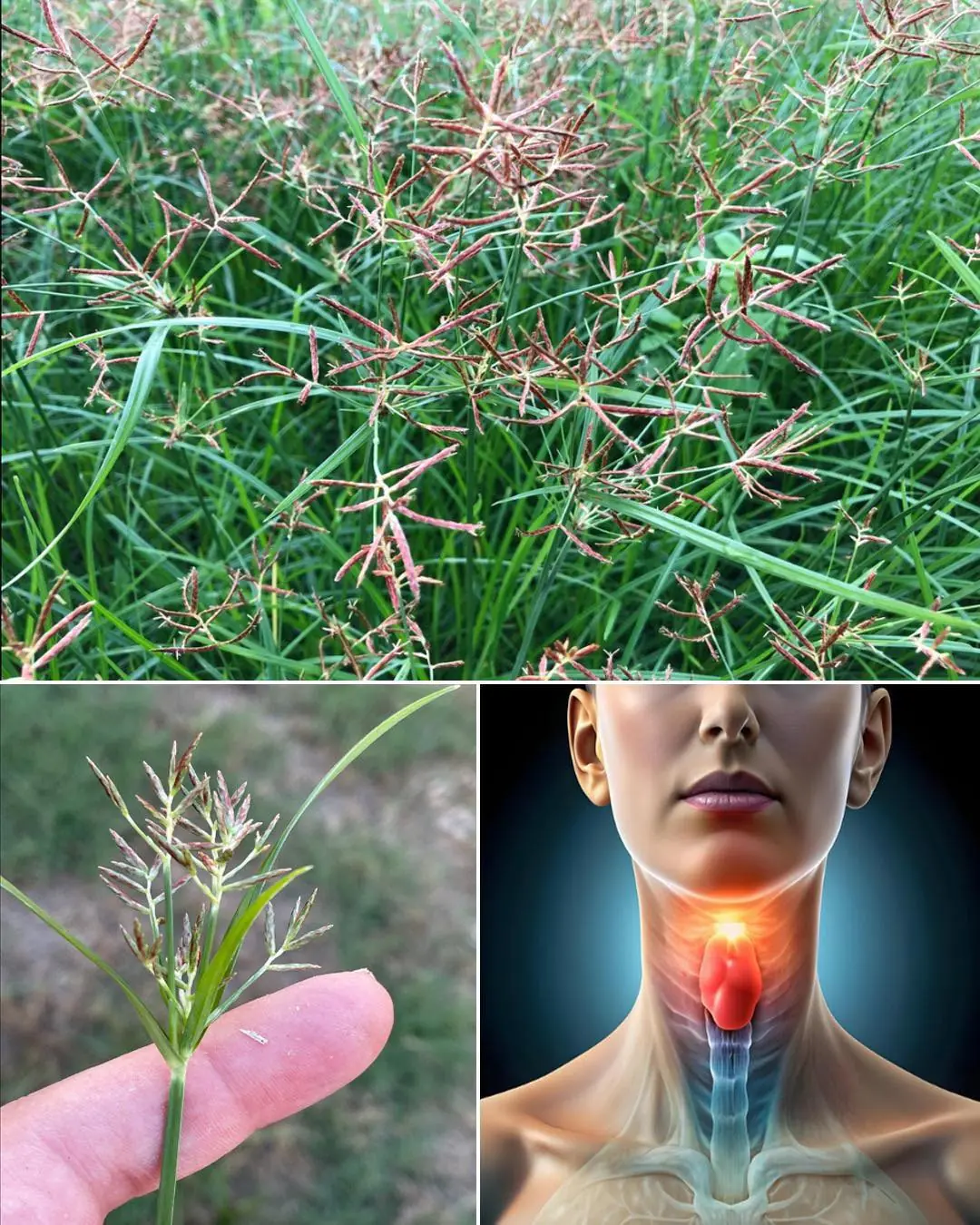
Cyperus Rotundus: The Ancient Herb with Modern Healing Power
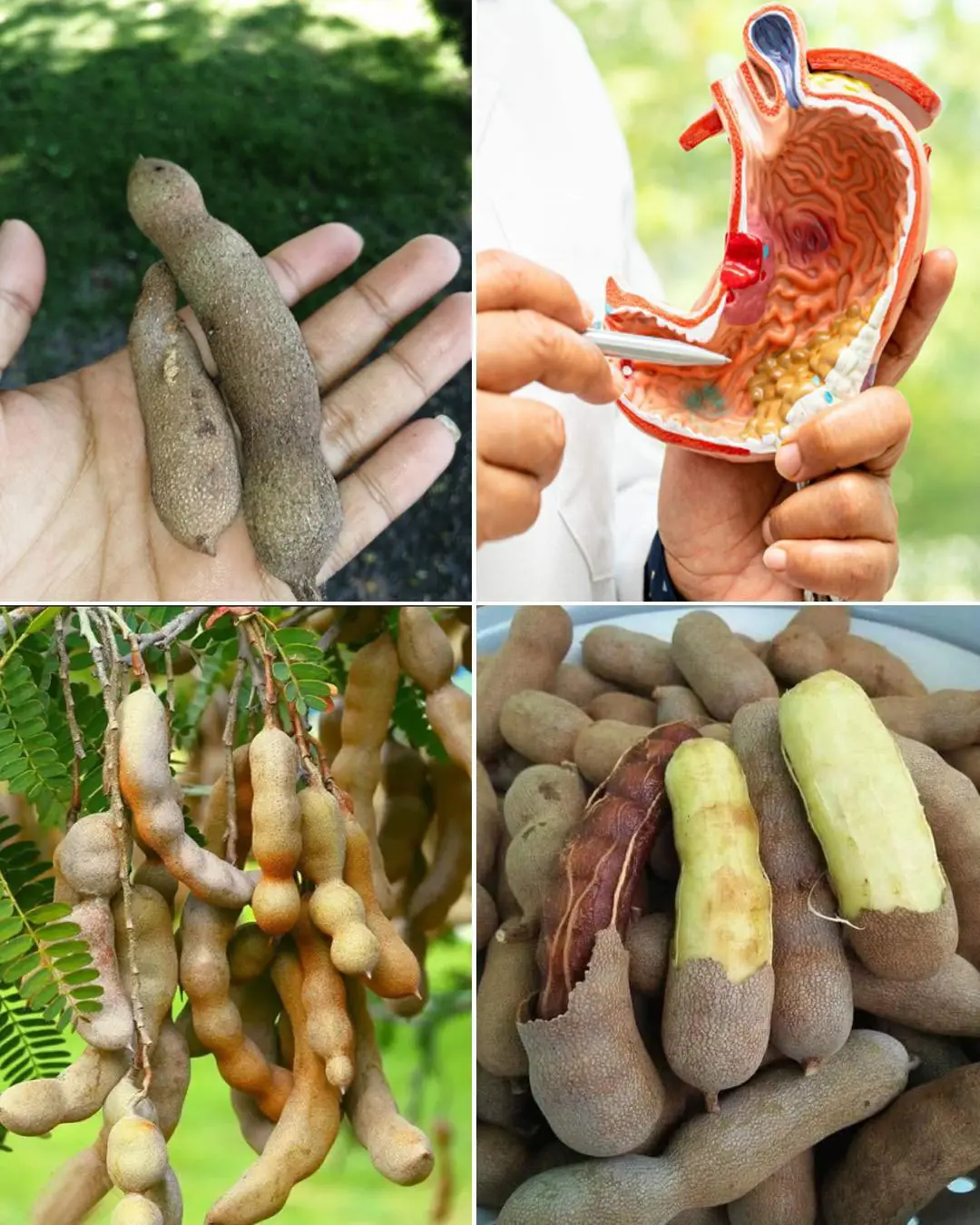
The Power of Tamarind Fruits: Sweet, Sour & Supercharged with Health Benefits

Sessile Joyweed (Alternanthera sessilis): 6 Incredible Health Benefits and How to Use It Naturally
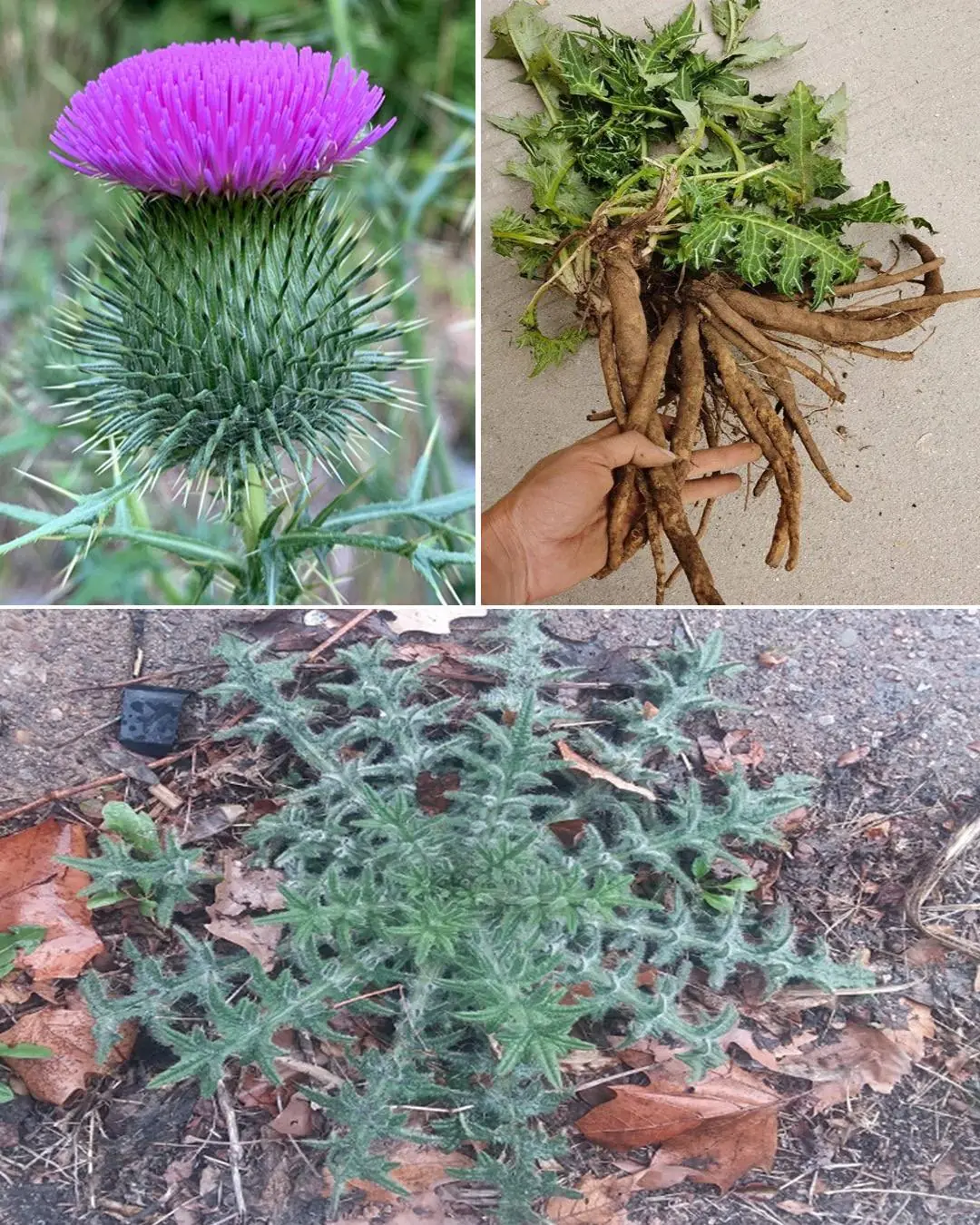
Bull Thistle Root Benefits: Uses, Healing Properties, and How to Prepare It
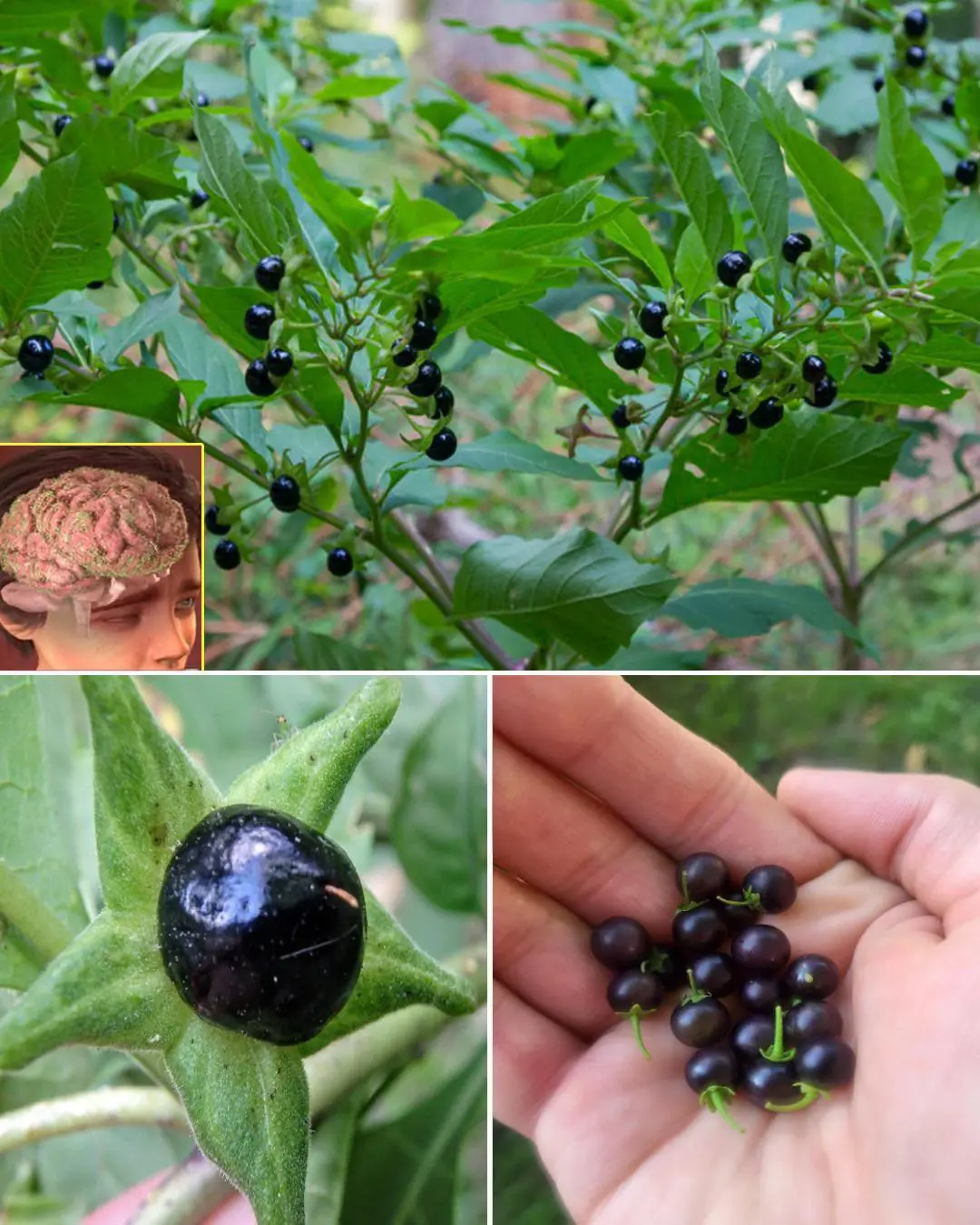
Deadly Nightshade (Atropa belladonna): The Dangerous Beauty

Onion, Garlic, and Olive Oil Remedy for Varicose Veins: Natural Treatment and Benefits
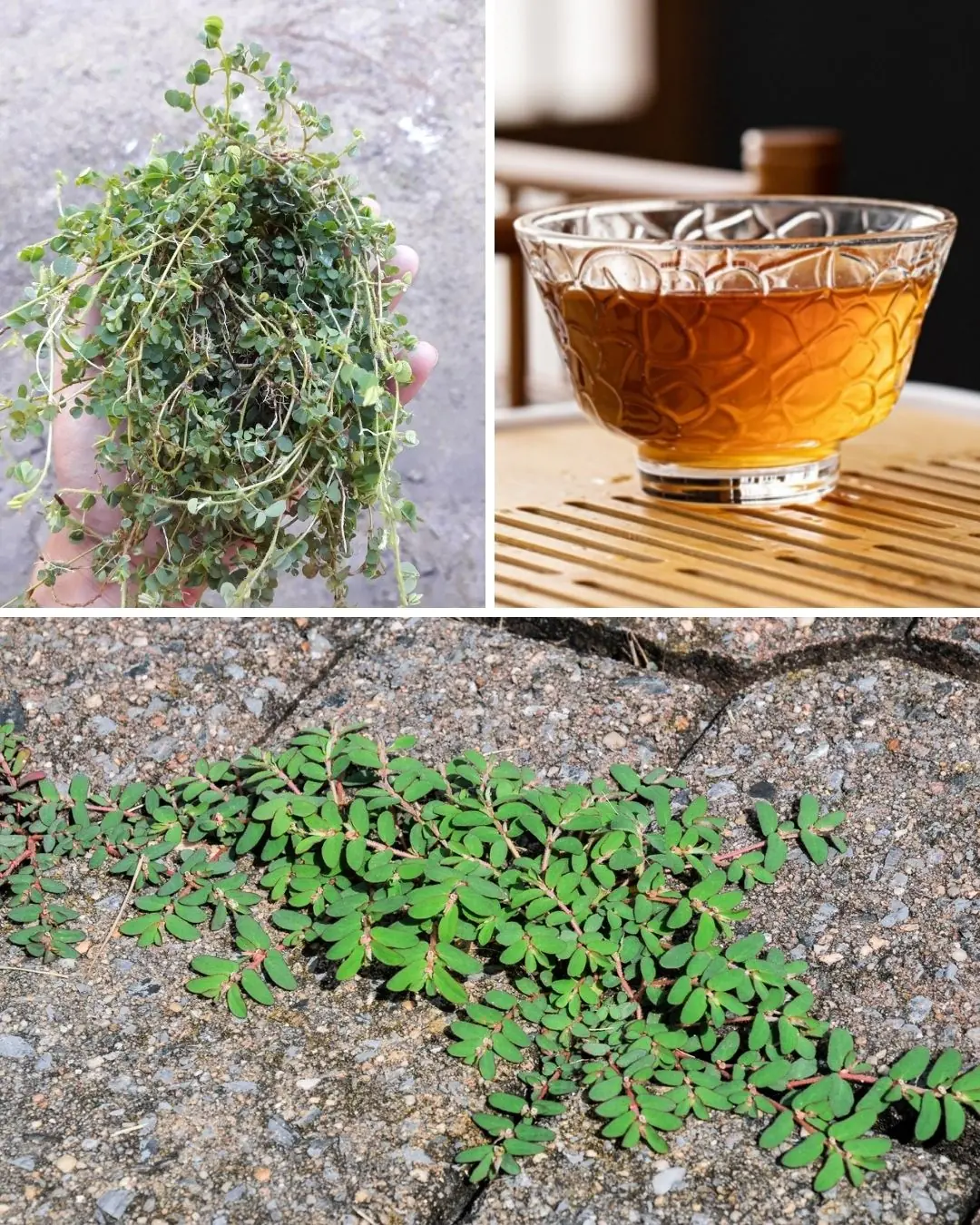
The Health Benefits of Euphorbia Thymifolia: A Powerful Yet Overlooked Herb 🌿✨
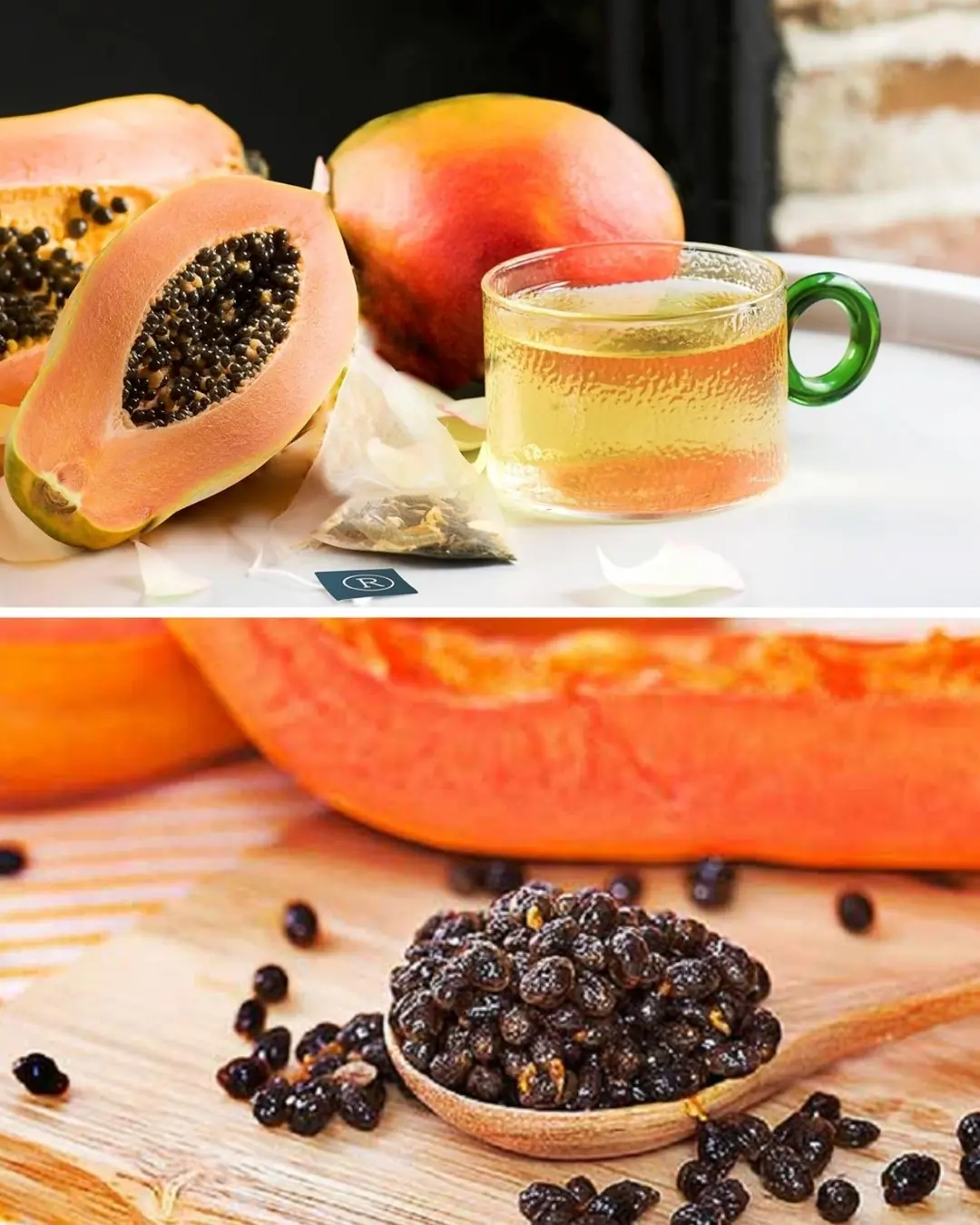
The Powerful Health Benefits of Papaya Seeds: Why You Should Include Them in Your Diet
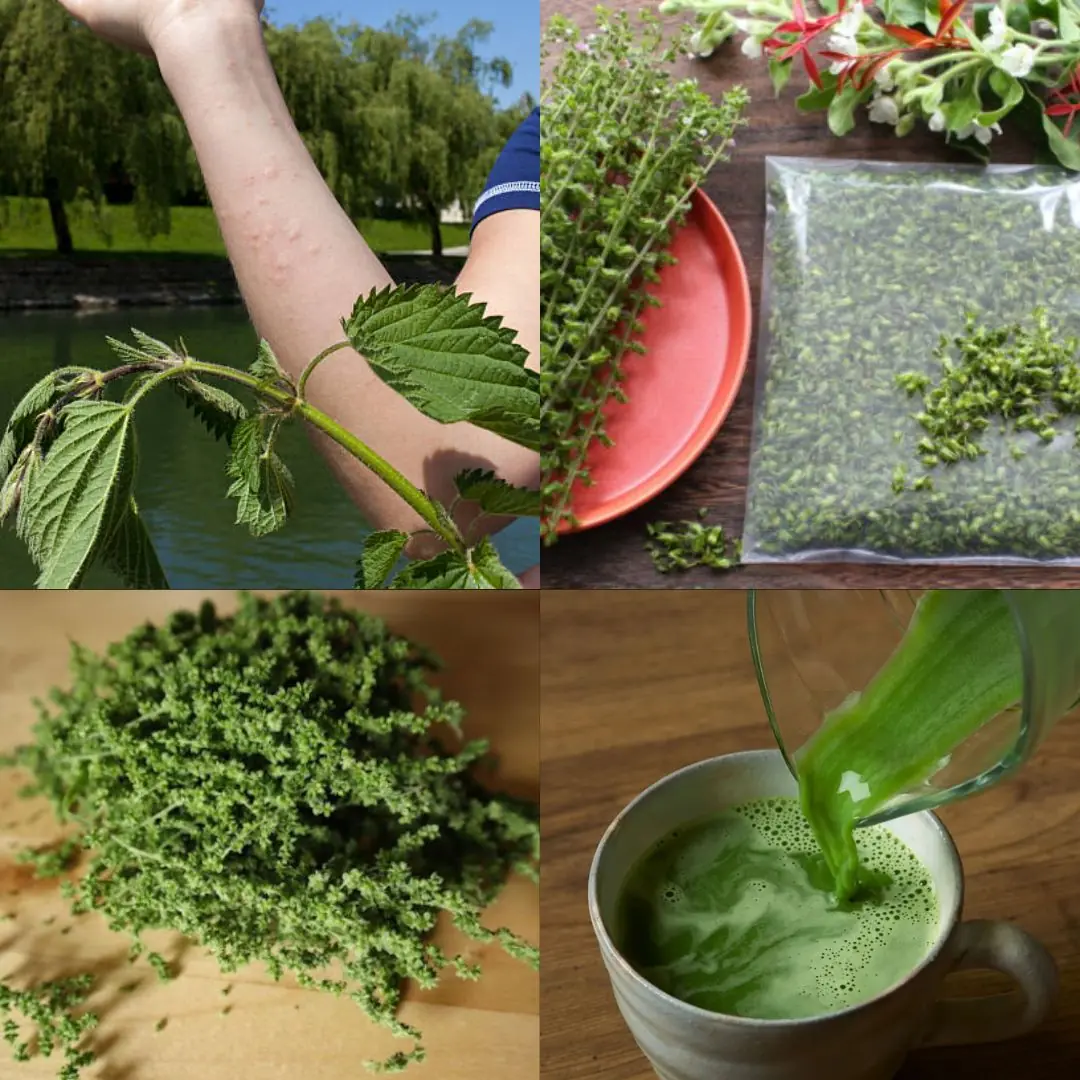
The Power of Urtica dioica: Natural Relief for Joint Pain, Arthritis, and Inflammation
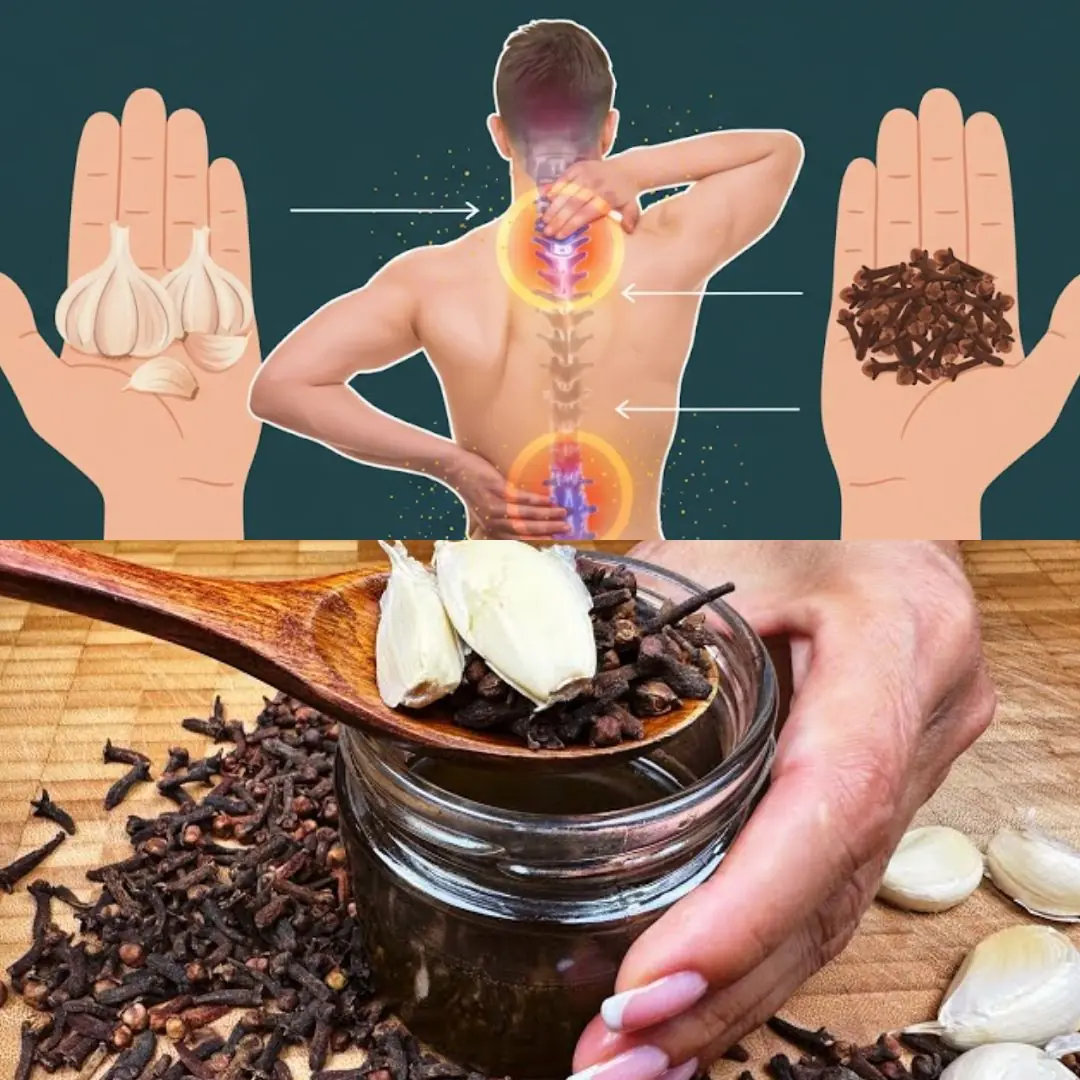
Garlic, Honey, and Cloves – a powerful natural remedy packed with health benefits

The Best Tea for Mornings and After Dinner: A Powerful Blend for Health
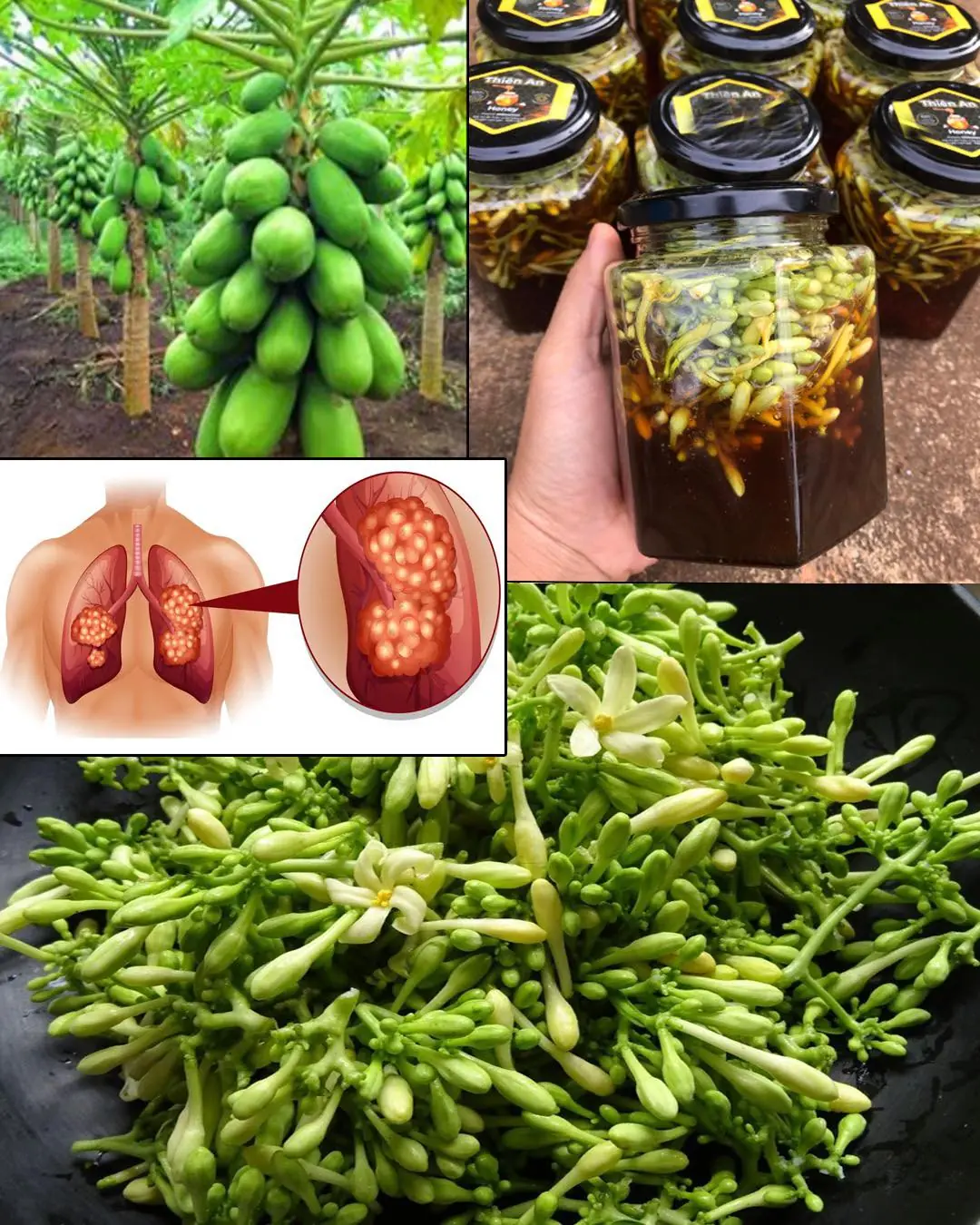
Benefits and Uses of Papaya Flowers Soaked in Honey

Papaya releases a milky sap, but most people don’t realize how important it is
News Post

Why You Should Always Keep a Small Bottle of Medicinal Oil in Your Bathroom

Truth behind K Pop star's bizarre $4.5 quadrillion 'lawsuit' making her richer than Elon Musk

Calls for chess Grandmaster to be permanently banned after he 'harassed' 29-year-old champion weeks before death

American Beautyberry (Callicarpa americana): Benefits and How to Use It

Holding Cloves in Your Mouth: A Natural Way to Relieve Toothache

Everybody Hates Stinging Nettle, But Most People Don’t Know the Power of Its Root

A Grocery Store Encounter That Turned Into Something More

A Waitress Said “No” — And Changed a Mother’s Night Completely

The Secret Santa Who Gives All Year Long — And the Ripple of Kindness He Started

Will’s Best Sunday Ever: A Brave Teen’s Return Home

A Single Gesture That United a Crowd in Emotion

Agatka’s Fight: A Little Girl’s Battle With Severe Aplastic Anemia

Laika’s Last Journey: The Little Dog Who Touched the Stars

The Long Road Home: Max’s Journey Back to Love.

A Small Act of Kindness in Athens.

From the Cold Rain to a Warm Home.

Wild Elephant Chases Tourists in Bandipur Forest: One Injured in Close Call

A Ride Home, A Lesson in Humanity.

What a Hero: The Unyielding Spirit of Josephine Margaret Pescatore.
